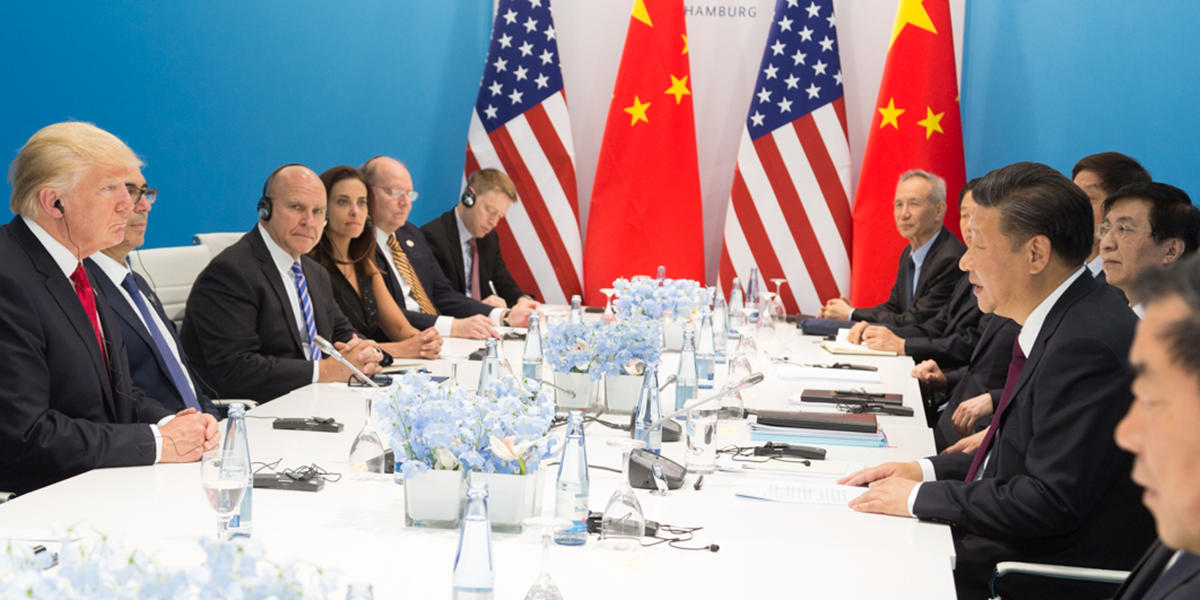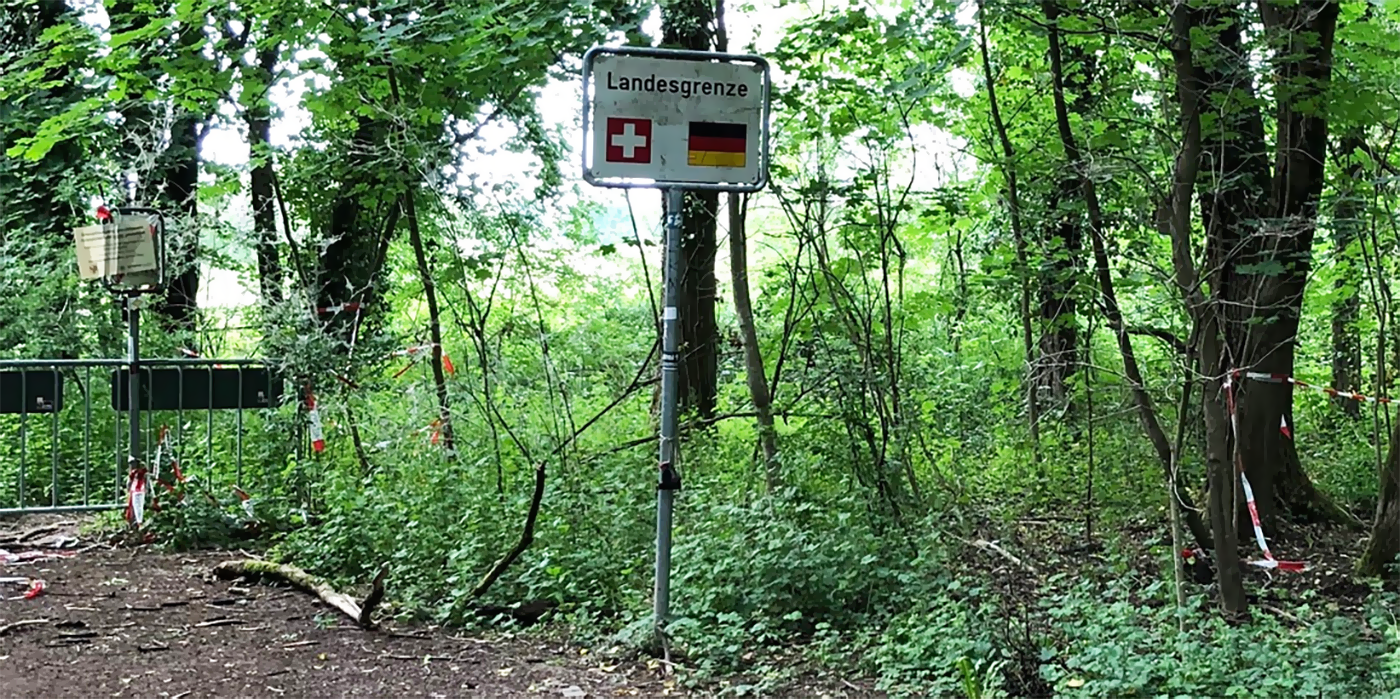 Dieser Blogbeitrag gehört zur Coronavirus-Blog-Reihe des CSS, die einen Teil des Forschungsprojektes zu den sicherheitspolitischen Implikationen der Corona-Krise bildet. Weitere Informationen finden Sie auf der CSS-Sonderthemenseite zur Corona-Krise.
Dieser Blogbeitrag gehört zur Coronavirus-Blog-Reihe des CSS, die einen Teil des Forschungsprojektes zu den sicherheitspolitischen Implikationen der Corona-Krise bildet. Weitere Informationen finden Sie auf der CSS-Sonderthemenseite zur Corona-Krise.
Wenn das Resultat einer Situation bekannt ist, kann man zu falschen Schlüssen hinsichtlich der Handlungen der Beteiligten kommen. Einfach ausgedrückt: Es ist leicht, im Nachhinein alles besser zu wissen. Dieses Phänomen ist auch in der Debatte über den Umgang mit der Coronavirus-Pandemie zu beobachten. Das führt aber in die Irre. Um die richtigen Lehren aus der Krise ziehen zu können, braucht es fehlerfreundliche Organisationskulturen. Ausserdem müssen Verantwortliche den Zielkonflikt zwischen Resilienz und Effizienz berücksichtigen und die Unterschiede zwischen Planung und Realität kennen.



